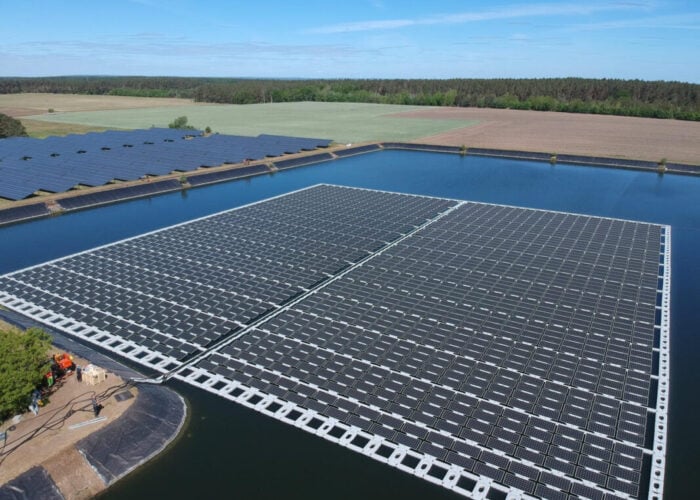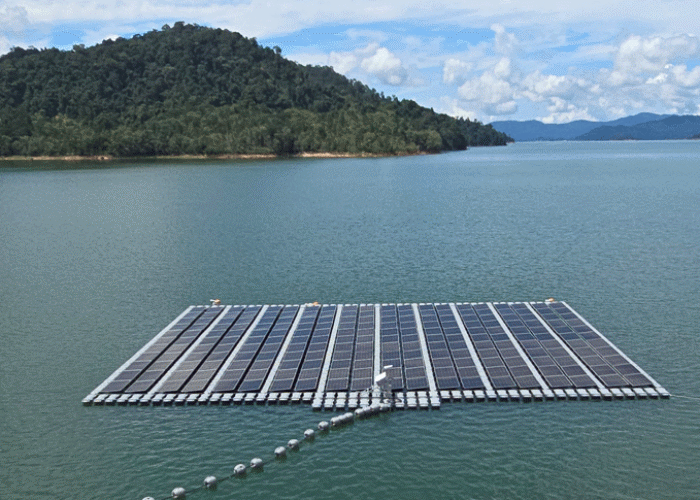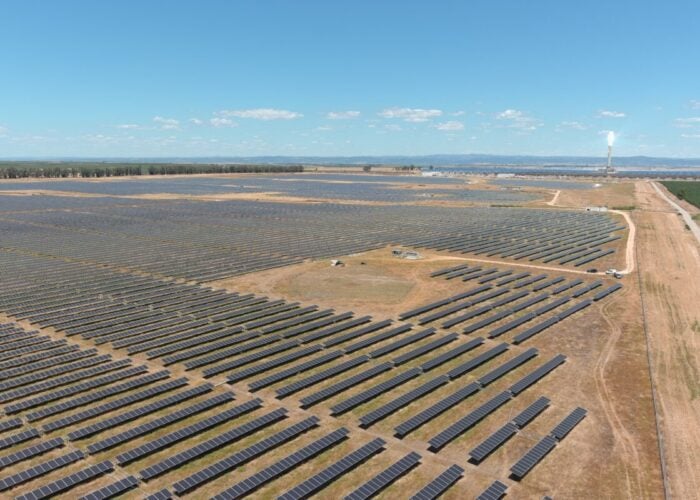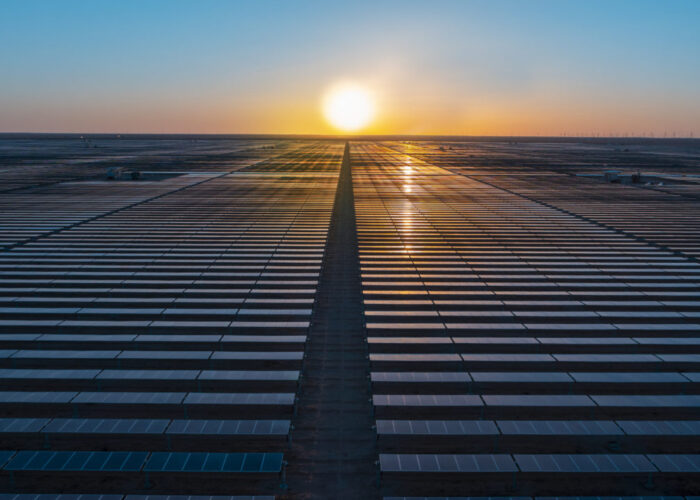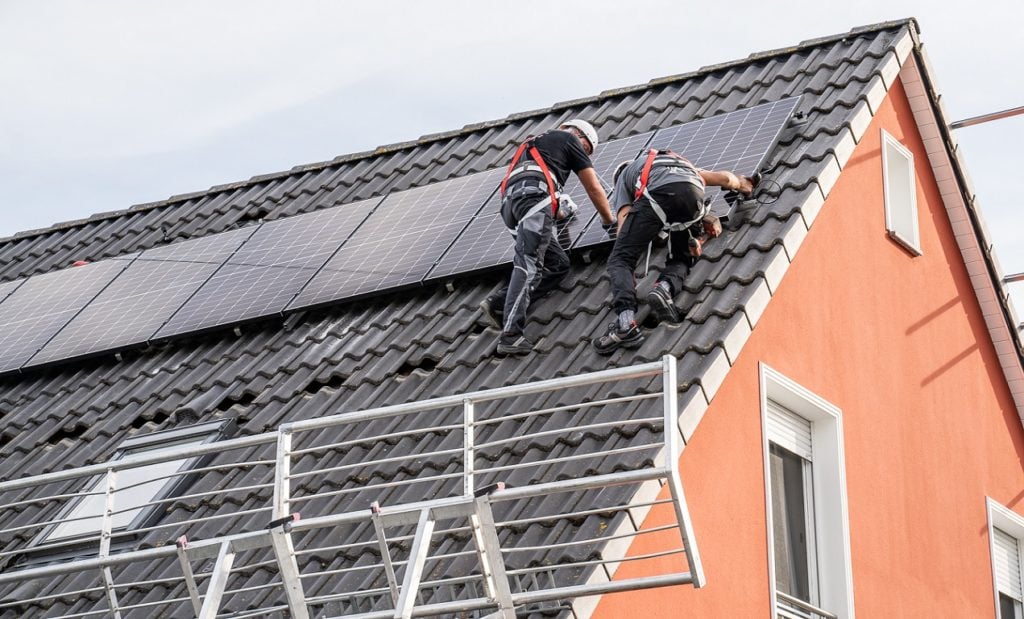
Rooftop solar grew by 54% year-on-year in 2023 in Europe but a clear roadmap or strategy and enhanced grid capacity are essential for future growth in the sector, according to Climate Action Network Europe (CAN Europe).
CAN Europe cited a figure from SolarPower Europe, which stated that the additions of capacity from all rooftop solar segments, including residential and commercial and industrial (C&I), grew to 37GW in 2023 from about 24GW in 2022. The rooftop solar sector will continue to grow in the upcoming years, with SolarPower Europe expecting that the annual installed capacity of rooftop solar will grow to 39GW and 43GW in 2024 and 2025 respectively.
Unlock unlimited access for 12 whole months of distinctive global analysis
Photovoltaics International is now included.
- Regular insight and analysis of the industry’s biggest developments
- In-depth interviews with the industry’s leading figures
- Unlimited digital access to the PV Tech Power journal catalogue
- Unlimited digital access to the Photovoltaics International journal catalogue
- Access to more than 1,000 technical papers
- Discounts on Solar Media’s portfolio of events, in-person and virtual
In cumulative terms, rooftop solar is expected to increase its installed capacity from 174GW in 2023 to 355GW in 2027.
Challenges of adopting rooftop solar in EU
However, challenges of adding rooftop solar across 11 member states of the EU exist, according to a CAN Europe report. For example, most of them lacked a clear roadmap or strategy for rooftop solar PV, with insufficient stakeholder involvement and institutional mechanisms to support development. Many countries also lack institutional mechanisms to support the development of rooftop solar PV.
The report suggested that governments can tailor support schemes to national contexts with consistent monitoring and adjustment to boost rooftop solar PV adoption, while they can also guarantee that surplus power fed into the grid is valued and remunerated at sufficiently high tariffs.
Governments can also base targets on a comprehensive analysis of barriers and potentials for rooftop solar PV, considering geographical, physical, technical, economic and qualitative factors such as informational gaps, alignment issues between owners and tenants, neighbourhood conflicts, energy sharing challenges and misconceptions about solar PV reliability.
In addition, governments can implement mandatory PV on all new public, non-residential and residential buildings, as well as all buildings undergoing a major renovation, parking lots and other applicable artificial structures.
Therefore, these measures can encourage full utilisation of rooftop spaces by prosumers and energy communities.
CAN Europe also said restrictions on grid usage and geographical limitations still remain barriers to energy sharing and collective self-consumption. To cope with these challenges, CAN Europe said governments need to ensure all national frameworks support both energy sharing through the distribution grid and collective self-consumption in line with Renewable Energy Directive (RED) II and III implementation and revised electricity market design.
| PV Tech publisher Solar Media will be organising the second edition of Large Scale Solar Southern Europe in Athens, Greece during 2-3 July 2024. The event will focus on an ever-growing market such as Southern Europe with a packed programme of panels, presentations and fireside chats from industry leaders responsible for the build-out of solar PV projects in Greece, Turkey and Croatia. For more information, including how to attend, please go to the official website. |

